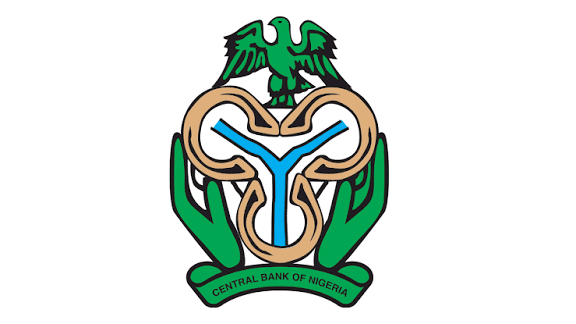-
CBN says reserves surge to $46.7bn, backed by stronger oil receipts and investor inflows
-
Naira stabilises, FX market gap narrows below 2% as confidence improves
-
Inflation slows to 16.05%, ratings upgrades boost Nigeria’s macro outlook
Nigeria’s foreign reserves have risen to $46.7 billion, marking the country’s highest reserve level in seven years, the Central Bank of Nigeria (CBN) announced on Tuesday.
CBN Governor Mr. Olayemi Cardoso, represented by the Deputy Governor for Economic Policy, Dr. Muhammad Abdullahi, disclosed the figures in Abuja during the 20th anniversary of the Monetary Policy Department. He said the reserves, recorded as of November 14, 2025, now provide 10.3 months of import cover, describing the milestone as a strong endorsement of ongoing reforms.
ATTENTION: Click “HERE” to join our WhatsApp group and receive News updates directly on your WhatsApp!
According to him, the rise was driven by stronger portfolio inflows, improved oil earnings and sustained confidence in the Nigerian economy. “Foreign reserves have risen to $46.7 billion… supported by sustained inflows and renewed investor participation across various asset classes,” he said.
Cardoso explained that FX market stability had returned, with the naira firming and the gap between the official and Bureau-de-Change segments narrowing to below two per cent. He added that inflation was also easing, noting that headline inflation fell to 16.05% in October 2025, the lowest in three years after seven consecutive months of decline.
He attributed the improved macroeconomic outlook to decisive reforms, including those that strengthened transparency and restored investor trust. Cardoso highlighted that all three major international rating agencies had upgraded Nigeria, while the country’s removal from the FATF Grey List had opened more channels for trade finance and foreign investment.
“These combined gains have strengthened Nigeria’s external position, improved trade balances and provided a firmer foundation for inclusive development,” he said.
The CBN governor emphasised the critical role of the Monetary Policy Department over the past two decades, citing reforms such as the introduction of the Monetary Policy Rate in 2006, the interest-rate corridor system and the broader shift toward an inflation-targeting framework.
He cautioned, however, that future policy challenges remain, including global economic shocks, volatile commodity prices and structural weaknesses.
READ ALSO: Ondo, Foreign Investors Sign $50bn Deal for Refinery and Free Trade Zone
He urged the department to deepen analytical capacity and adopt advanced modelling tools to support more forward-looking decision-making.
Cardoso also reiterated that transitioning to a full inflation-targeting regime remains one of the bank’s top priorities, saying it would boost transparency, credibility and the effectiveness of monetary transmission.
Nigeria’s reserve surge follows its recent return to the international capital markets, where it raised $2.35 billion in a dual-tranche Eurobond — an issuance that attracted a record $13 billion in investor orders.
The Debt Management Office (DMO) described the development as a landmark moment that reflects growing global confidence in Nigeria’s fiscal reforms and long-term growth outlook.

